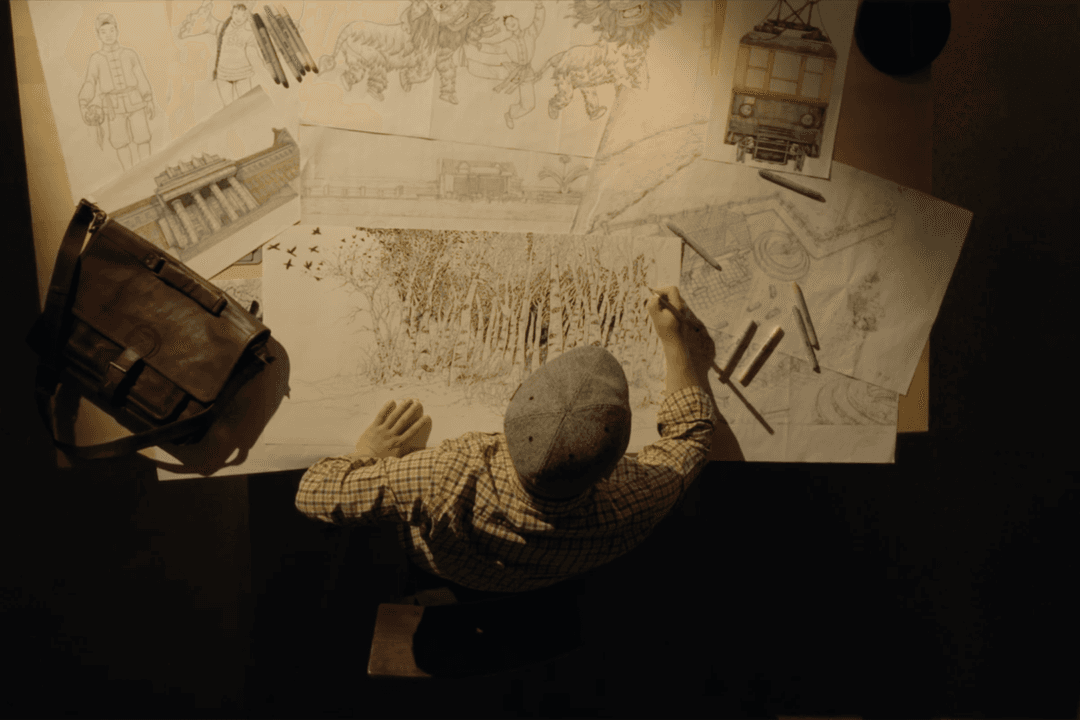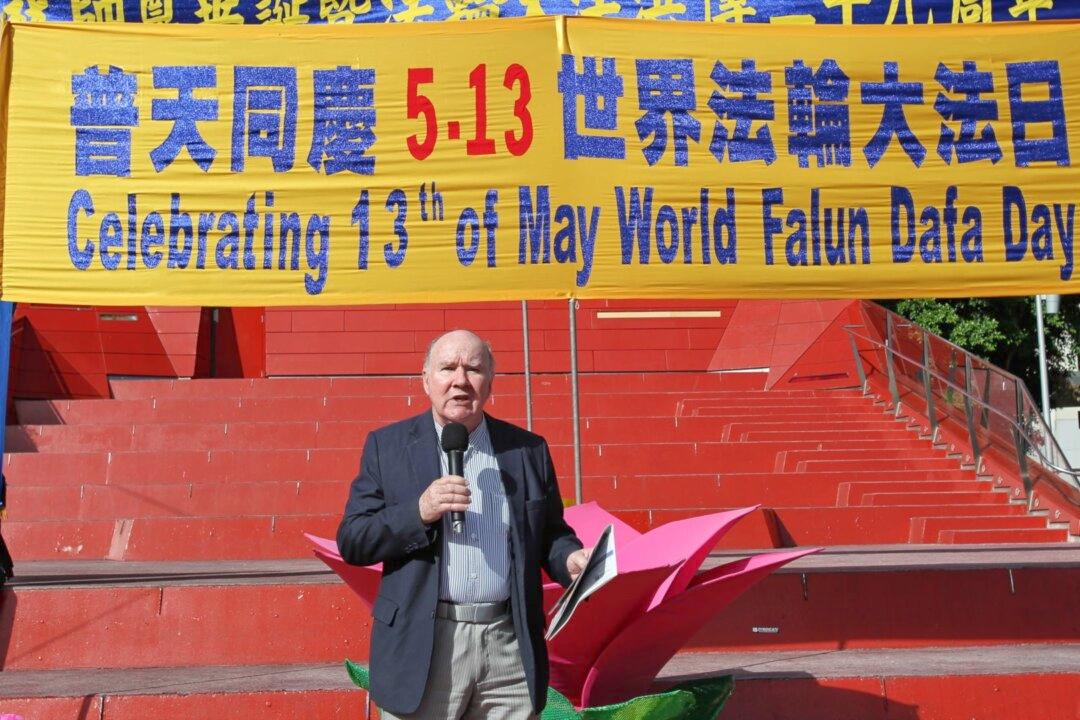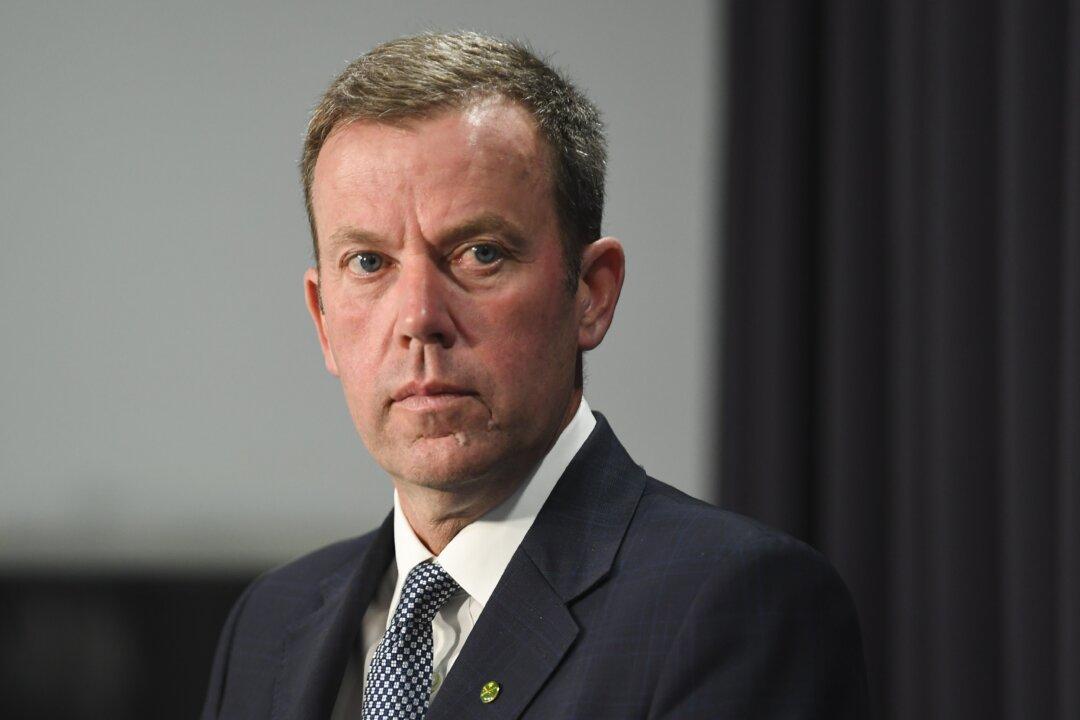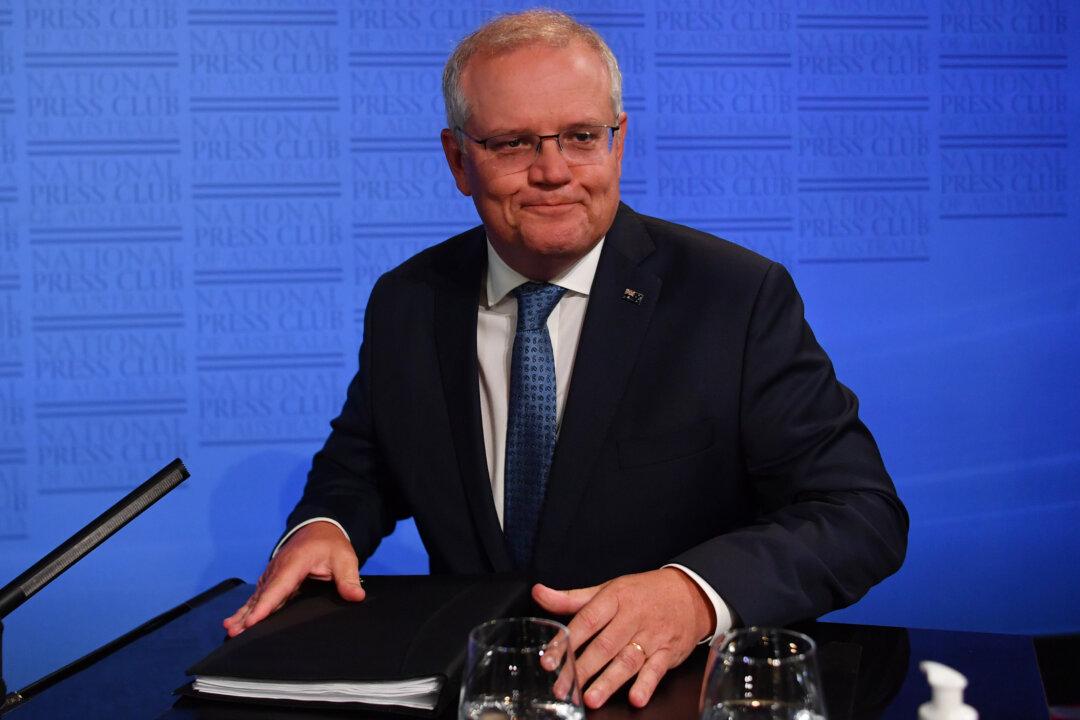Federal Trade Minister Simon Birmingham says the Chinese communist regime’s recent trade disruptions are not just damaging Australian businesses but also that of its own people.
Birmingham told ABC Insider host David Spears in an interview on Sunday that he will do all he can to resolve the attacks on Australian imports by China. He urged communist party leaders in Beijing to come clean about what is driving them to impose tariffs and bans, which have had a negative impact on both Australian and Chinese businesses.





